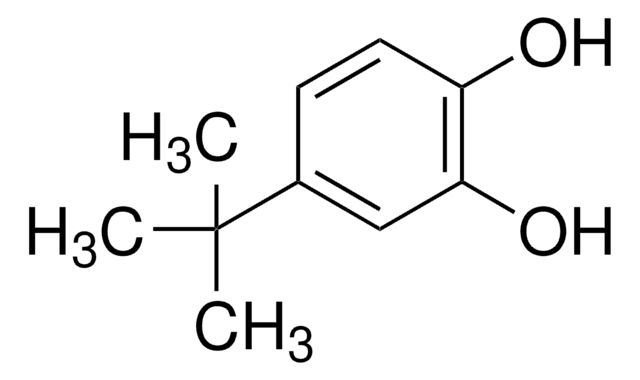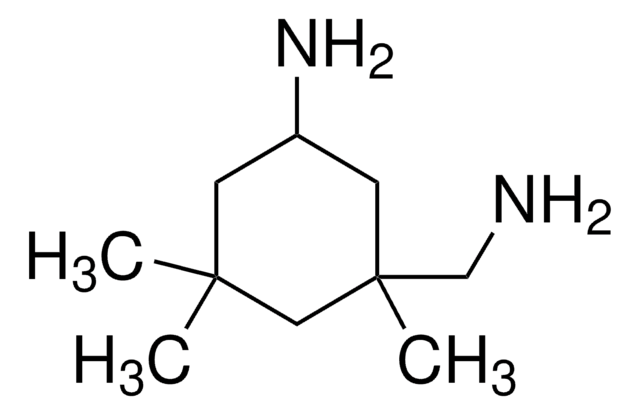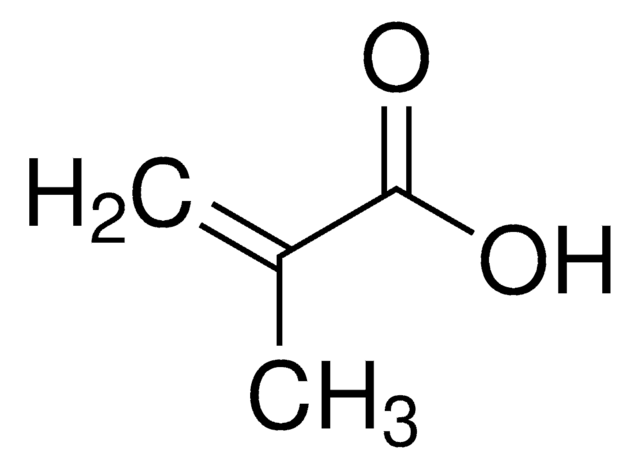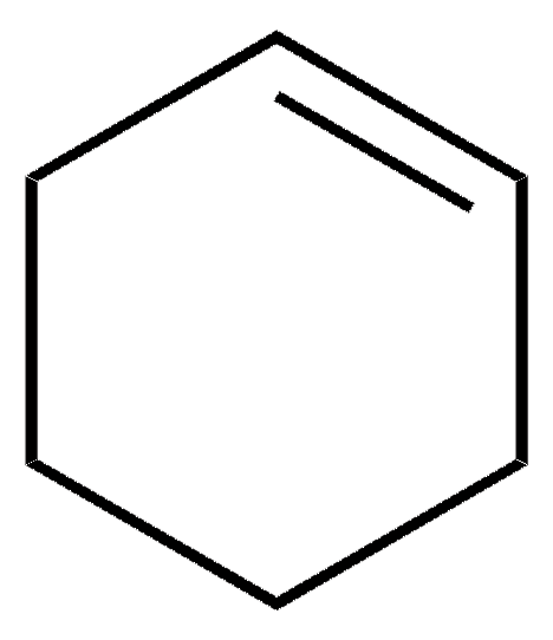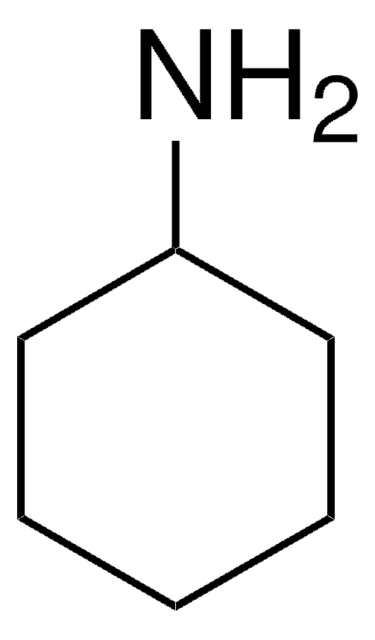425761
4-tert-Butylphenol
purified by sublimation, 99%
Select a Size
Select a Size
About This Item
Recommended Products
vapor pressure
1 mmHg ( 70 °C)
Assay
99%
purified by
sublimation
bp
236-238 °C (lit.)
mp
96-101 °C (lit.)
density
0.908 g/mL at 25 °C (lit.)
SMILES string
CC(C)(C)c1ccc(O)cc1
InChI
1S/C10H14O/c1-10(2,3)8-4-6-9(11)7-5-8/h4-7,11H,1-3H3
InChI key
QHPQWRBYOIRBIT-UHFFFAOYSA-N
Gene Information
mouse ... Esr1(13982)
rat ... Ar(24208)
Looking for similar products? Visit Product Comparison Guide
General description
Signal Word
Danger
Hazard Statements
Precautionary Statements
Hazard Classifications
Aquatic Chronic 1 - Eye Dam. 1 - Repr. 2 - Skin Irrit. 2
Storage Class Code
11 - Combustible Solids
WGK
WGK 3
Flash Point(F)
235.4 °F - closed cup
Flash Point(C)
113 °C - closed cup
Personal Protective Equipment
Choose from one of the most recent versions:
Already Own This Product?
Find documentation for the products that you have recently purchased in the Document Library.
Customers Also Viewed
Our team of scientists has experience in all areas of research including Life Science, Material Science, Chemical Synthesis, Chromatography, Analytical and many others.
Contact Technical Service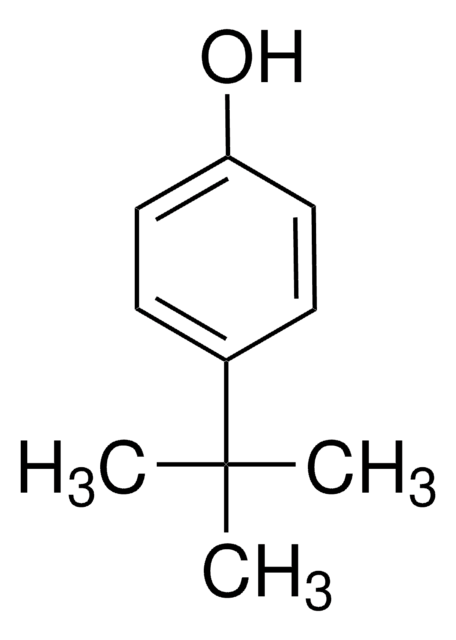


![Poly[(phenyl glycidyl ether)-co-formaldehyde] average Mn ~345](/deepweb/assets/sigmaaldrich/product/structures/122/336/0cd8255f-9639-47f1-ae7b-09908419ab3f/640/0cd8255f-9639-47f1-ae7b-09908419ab3f.png)
